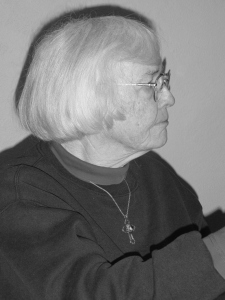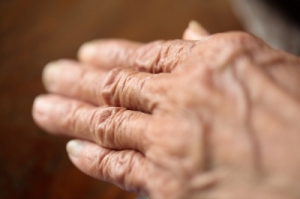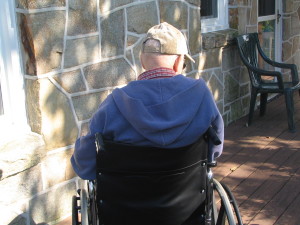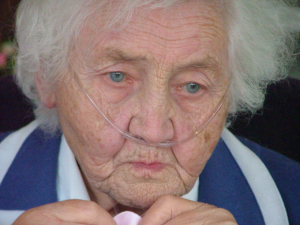First Nursing Home Facility Rating System in California
As the population of California continues to age, and more baby boomers find themselves thinking about San Diego assisted-living facilities and nursing homes, it is becoming more important than ever to ensure that seniors in the San Diego area are protected from nursing home abuse and neglect. According to a recent story San Diego CBS 8, San Diego County leaders currently are in the process of developing an elder care facility rating system that is aimed at preventing elder abuse.
 According to the news story, the new rating system will be the first of its kind in California. The ratings will be based on several different factors, and the Board of Supervisors hopes that the system will allow families to make informed decisions about the care of their elderly loved ones. The system is still in its early stages, but the Board of Supervisors unanimously approved its creation, emphasizing the need to protect older adults from physical, emotional, and sexual abuse in Southern California facilities.
According to the news story, the new rating system will be the first of its kind in California. The ratings will be based on several different factors, and the Board of Supervisors hopes that the system will allow families to make informed decisions about the care of their elderly loved ones. The system is still in its early stages, but the Board of Supervisors unanimously approved its creation, emphasizing the need to protect older adults from physical, emotional, and sexual abuse in Southern California facilities.
 California Nursing Home Abuse Lawyer Blog
California Nursing Home Abuse Lawyer Blog










 Abuse and Neglect
Abuse and Neglect


 Scams Target Elderly Californians
Scams Target Elderly Californians





